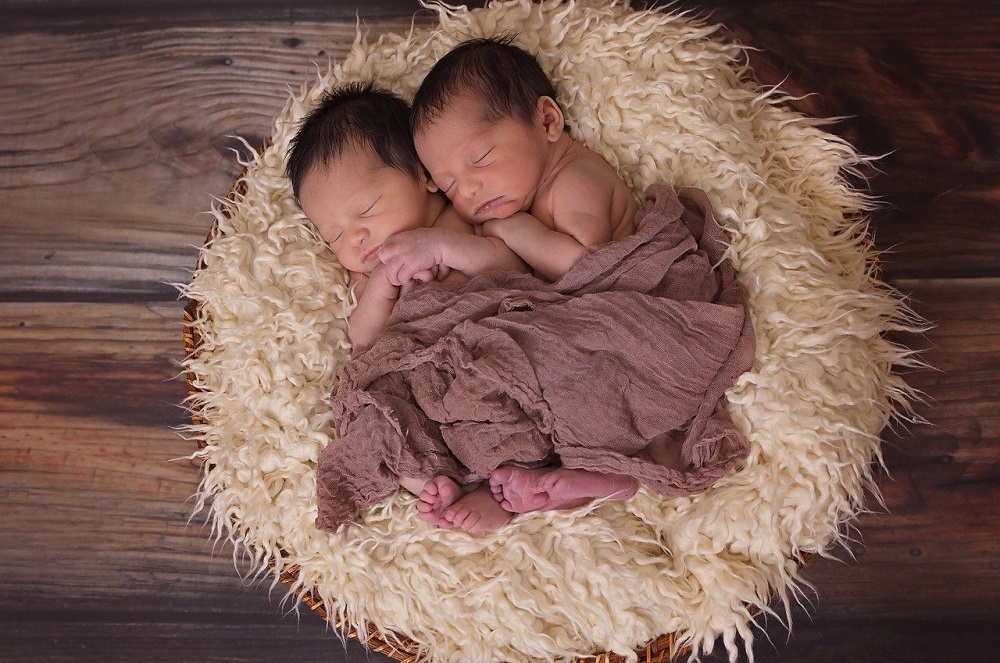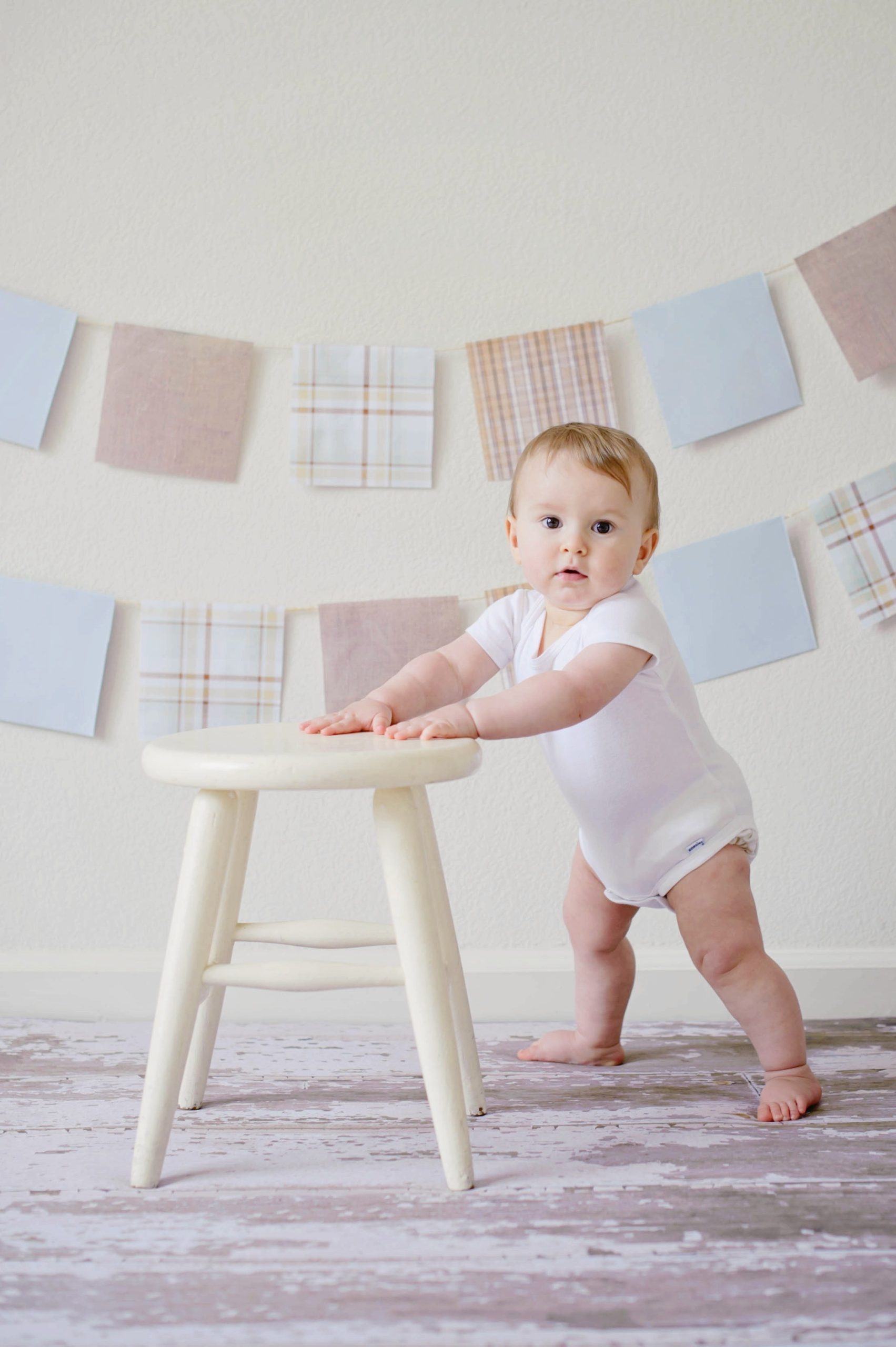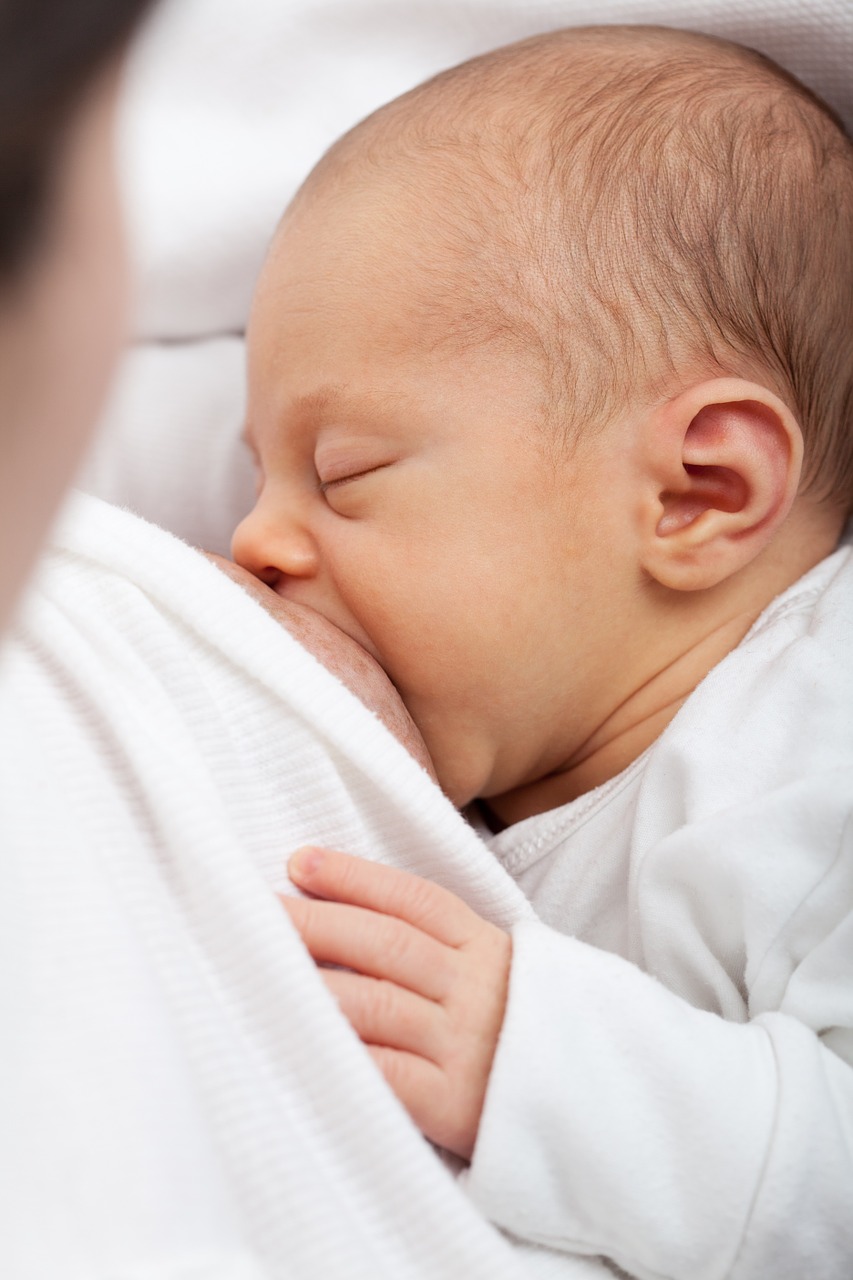First of all hats off to you that you finished a big job of labor and delivery and now the beautiful result is in your hand. Your newborn baby is finally with you, in your arms, after a long wait of 9 months and after a long labor. I should congratulate you first. During the first weeks your newborn is just getting used to this big, strange new world. And you are getting used to taking care of his many needs.
Now is a time when you are ready to go home with your little munchkin and ready to begin a new life with him. Now’s the time to start the bonding process with the newest member of your family.
Table of Contents
What should be the normal height and weight of a newborn baby?
As we all know, everybody is different. Babies are also different from each other. Newborns vary in size, shape, height and weight. Baby boys are on larger side than baby girls. According to research first baby is lighter than other siblings. Size of baby also depends on parents. An average weight of newborn is around 3.2 to 3.5 kg (7 to 7.5 pounds).
A healthy newborn can weight anywhere between 5.11 pounds (2.6kg) to 8.6 pounds (3.8 kg).
Many things can affect newborn weight. Some of them are
- Poor nutrition during pregnancy
- Genetics
- Twins or triplets
- Gestational diabetes
- High blood pressure
- Smoking, drugs or alcohol
Height of newborn can be between 18 to 22 inches. The average head circumference at birth is about 13.5 in. (34.5 cm).
Many parents become concerned when their baby loses weight in the first few days of life. This is normal. Babies are born with extra body fluid that they lose over the first five days. They will gain this weight again in few days. In 2 to 3 weeks babies should be back on their birth weight.
First look of your newborn baby
Finally your baby is in your arms but the look of newborn may be different for you. May be you didn’t expected this look, and you imagined like movies. But it’s completely fine. Your baby lived in water for 9 months. That look is completely justified.
Your newborn maybe with puffy eyes and wrinkled face. They can have one or more birth marks. Birthmarks are common, they don’t need medical attention. But if they change over the time, you should consult to the doctor for any skin issues.
There can be swelling around newborn face and can have fine body hairs also called lanugo. Don’t worry, he will change his appearance within first few weeks and will be your dream baby very soon.
Recommended vaccination chart from birth till 5 years
Newborn’s head can be bit smooshed, because of his journey through the birth canal. There sex organs can be swollen due to your hormones that are still circulating in your newborn. There can also be some discharge from nipples or vaginal area. This is completely normal and will go away in few days. If this swelling and discharge stay for long time than you should consult your doctor to rule out any health issue.
Senses of newborn babies (vision, hearing, taste, smell and touch)
Do you know, all your baby senses are at work now, but not each sense is completely developed. They will fully develop in some time. Here are the things that you can expect.
Vision of newborns is little blurry but they can see your face and other close up objects those are at 8 to 12 inches distance. This is the range of his vision and his eye muscles are not fully developed yet.
Hearing is not completely developed in newborns but they are familiar with voices that they heard most often in womb.
Taste of newborns is completely developed. They can feel the difference between sweet and sour.
Touch of newborns is highly developed. They can feel you with touch and love when someone cuddle them and show love for them.
Newborn babies can recognize your Smell soon after the delivery and can smell the scent of breast milk also.

Newborn development in first month (0-1 month development and milestones)
Babies grow up very fast. During the first few weeks your newborn baby spends most of his time while sleeping or feeding, but they are growing and developing so fast.
During the first month, your newborn baby is just getting used to this big, strange new world. And you are getting used to taking care of his many needs. Your baby is also learning a lot as you spend time together every day. His brain is growing very fast.
Baby development and milestones from 0 to 3 months
Your baby will communicate with you through crying, that’s the only way he knows. All you can do is to rule out the cause of their crying. Common causes of crying baby are
- They are hungry
- Want a nappy change
- Feeling sleepy
- Want you to hold
- They are colic; this can start as early as two weeks after birth. Colic babies cry a lot, particularly in the evening. You can help by laying them across your lap and rubbing their back, or by rubbing their tummy and by winding them half way through a feed.
21 things you should not do with newborn baby
Here are few changes that you can expect from newborn during first weeks
- Most newborn babies lose their weight during first week after birth but don’t worry they will start gaining weight after 10 days or so. It’s a normal behavior. By the week two they will be back on their birth weight.
- Newborns gain weight very quickly. They can gain 0.5 ounce to 1 ounce weight per day. On an average new babies gain 1 to 2 pounds weight in a month.
- In first 4 weeks most newborn babies can lift their head while tummy time.
- They can latch very well on nipple or breast to feed
- If you put your finger inside baby’s palm, you’ll notice that he’ll close his fist around it
- They can focus on face. Newborns can see your face when you talk to them closely. They can see the projects from 8 to 12 inches distance.
- Able to bring their hand on face
- They can respond to loud voice.
- One-month-old can hear you and knows your voice
- You can also expect sudden crying while asleep.
- They can make some noise like ooh and ahhh especially if you are talking to them.
- Some babies focus on bright color toys also specially stripped toys with black and white lines.
- At 1 month, if you put your baby’s feet on a solid surface while supporting their body, they’ll appear to take a few steps.
When to worry
Here are few things that you should notice during this time and consult to your doctor if you find any of the symptoms
- If baby is crying a lot more than 3 to 4 hours a day, he can be colic
- Looking tired
- Not sleeping enough
- Baby is not feeding properly
- If baby is not able to latch on nipple or breast
- Not moving hands or legs
- If baby’s face is looking yellow
- Having fever
- Not gaining enough weight
- Losing weight even after 10 days of birth
- Not responding to loud voice





